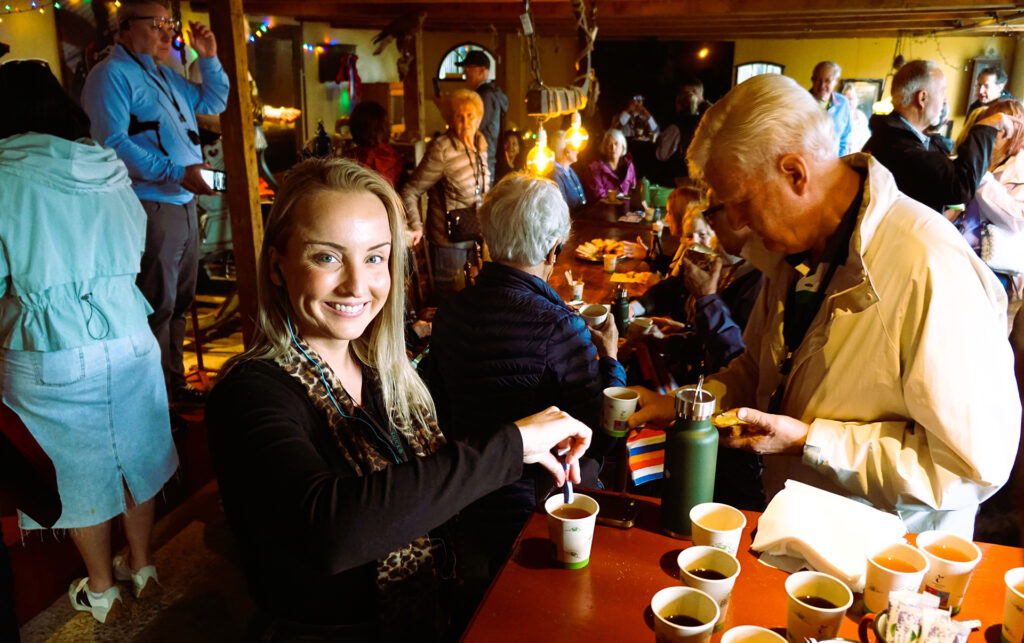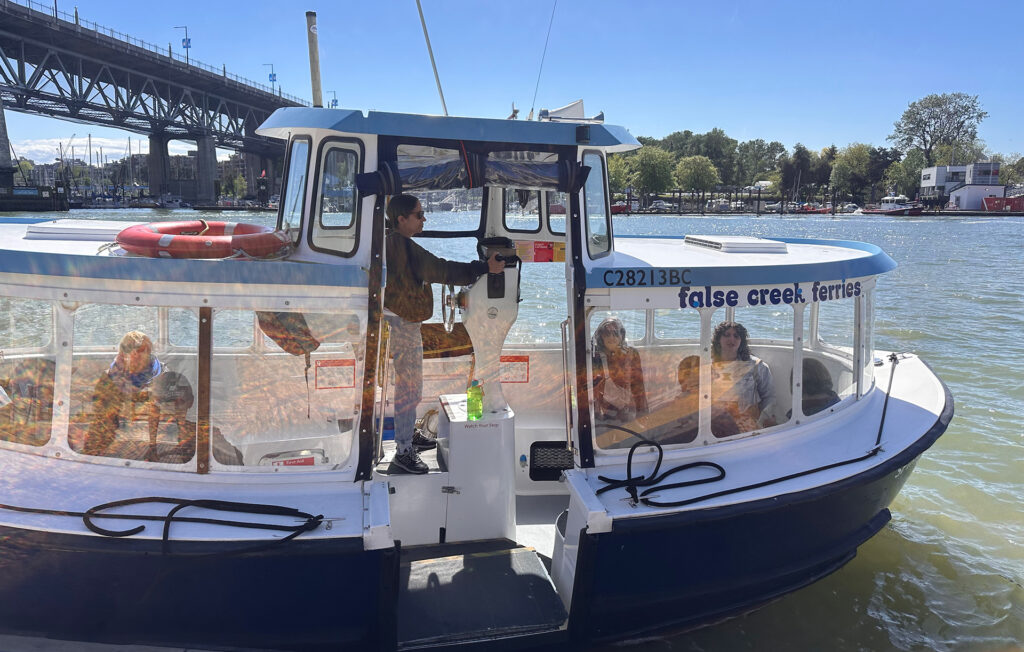Editorial JULY 2024
Travel Tipped For A Record-Breaking Future
Quick question. Did you happen to read the World Travel & Tourism Council’s (WTTC) 2024 Economic Impact Research (EIR) report?
No? Well, that makes two of us.
Fortunately for all of us, I got the general gist and basically it contains fantastic news across the board for the future of the travel industry.
The research forecasts that travel and tourism will contribute more to Australia’s economy in 2024 than any previous year on record.
After bouncing back to pre-pandemic levels in 2023, the sector is poised to surpass its previous peak with a projected economic contribution of $265.5bn, representing 10 per cent of the Australian economy.
What’s more,
Show more
It’s hard to believe we’ve come so far so fast when you remember the dark days of 2020 and 2021.
Employment within the industry has also recovered impressively. In 2023, jobs in the tourism and travel sector surged by nearly 10 per cent from the previous year, hitting 1.42m, representing 10 per cent of the national workforce.
WTTC’s latest research predicts a full recovery of jobs lost during the pandemic this year, with levels surpassing the 2018 peak by 2026.
Over the next decade, the sector is expected to support more than two million jobs, representing 12 per cent of all Australian employment.
And the good news just keeps on coming when you look at overseas spending by tourists visiting Australia.
Despite reopening its borders later than many other major destinations around the world, Australia saw spending by overseas visitors surge by nearly 195 per cent in 2023, ranking the country 10th globally for growth in international visitor spending.
Spending reached $31.6bn last year, with forecasts suggesting it will near $35bn this year and set a new record in 2025. By 2034, WTTC predicts international visitor spending will reach almost $52.5bn.
“Australia is set to break tourism records,” said Julia Simpson, WTTC President & CEO, who will likely be here in October when the tourism body’s 24th Global Summit takes place in Perth.
“The Summit will highlight Australia’s dynamic growth, reflecting travel and tourism’s broader economic recovery and rising employment trends.”
Indeed, the WTTC is spruiking Australia as a global leader in tourism growth and economic resilience, predicting a future filled with promise and prosperity.
All of which makes for great reading. However, without wanting to be a Debbie Downer, there is one dark cloud on the horizon.
We need trained staff to handle this increased demand for travel and like many industries we just aren’t coming up with the numbers.
It’s estimated we lost a third of the travel agent workforce thanks to the pandemic and while a few of those who left have since returned its still nowhere near enough.
This skills shortage then puts more pressure on those still working in the sector, many of whom report having to turn paying customers away because they can’t cope with the extra workload.
In a classic Catch-22 situation, they also don’t have time to train the new staff members that they so desperately need.
The Australian Travel Industry Association (ATIA) is petitioning government on this crucial issue.
“We’d like to see travel related occupations remain on the government’s priority list,” said Ingrid Fraser, ATIA Director of Public Policy and Advocacy, in an exclusive interview for this issue of Traveltalk (see The Skills Shortage Threatening Our Travel Industry)
“We’d also like to see a long term commitment from government for financial incentives for employers to take on trainees and we’d also like to see travel related occupations on the skilled migration list.”
The future for travel looks glorious. We just need the bodies to make it happen.
Show less











































